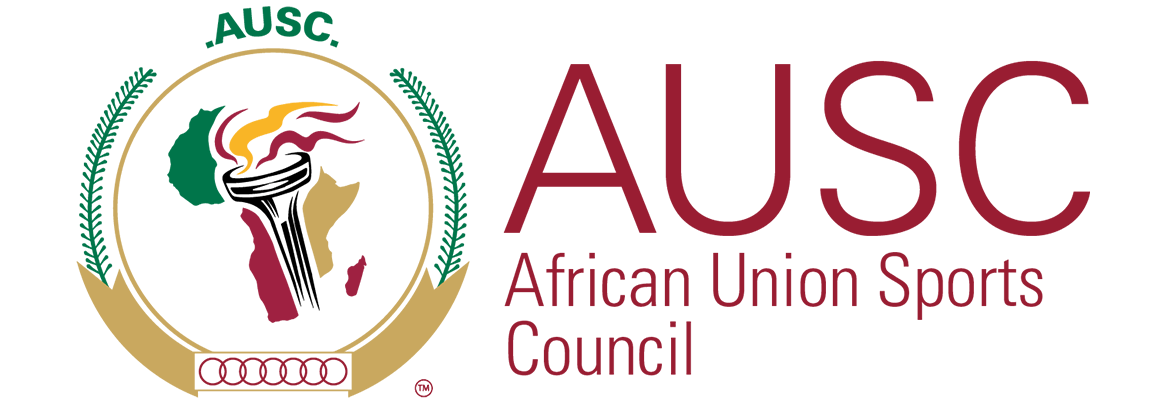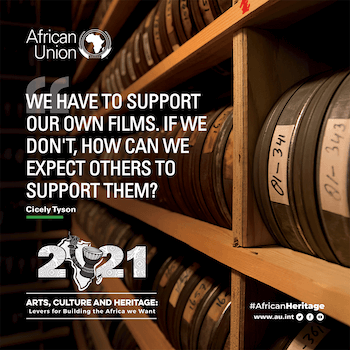Introduction to Sport for Development
Sports for development (S4D) is an intentional use of sport and physical activity as enablers for specific developmental objectives. The past four decades have seen the growth of the S4D field in Africa promoting sustainable development goals.
The use of sport as a tool for achieving sustainable and inclusive development goals resonates with the African Union Agenda 2063 “The Africa We Want”, which is the continent’s masterplan on creation of an integrated, prosperous and peaceful Africa, driven by its own citizens and representing a dynamic force in the international arena.
The Statute of African Union Sports Council (AUSC) adopted by the Assembly of African Heads of States and Governments in 2016 mandates AUSC to promote development through sports (S4D) to achieve AU Agenda 2063 aspirations of the Africa We Want.
AUSC is working with AUSC Development Regions, Member States, civil society organizations, cooperating partners and other stakeholders using sports to promote Agenda 2063 aspirations (sustainable development goals) such as :
- African integration based on the ideals of Pan-Africanism and African Renaissance
- good governance, democracy, shared values, common heritage, respect for human rights, justice, rule of law
- gender equality, inclusion of persons with disabilities and safeguarding of women, girls and children from non-accidental harm
Our Vision
Our focus is on disseminating and applying context specific transformational S4D approaches to promote gender equality, transform discriminatory gender roles and structures, and to strengthen social as well as job-related competencies. We see sport as an important tool to strengthen women’s agency in Africa and ensure that women’s voices are amplified, and their concerns are fully addressed as stated in the African Union strategy on Gender Equality and Women’s Empowerment (GEWE) 2018-2028. The inclusion of boys and men also plays an important role, as their questioning and breaking down of discriminatory gender norms is central to sustainably supporting the promotion of gender justice, respectful gender relations and peaceful societies.
Our aim is to strengthen regional and cross-country exchange formats that advance the use of S4D for gender equality, the transformation of discriminatory gender roles, the promotion of social as well as vocational skills, and the inclusion of people with disabilities. Through a strong network of dynamic actors with regional outreach, successful dissemination and integration of S4D guidelines and products (e.g., open-access web-based trainings on gender transformative approaches in and through sport), and ultimately the application of sport-based approaches among key stakeholders at both regional and country levels, will be promoted, always aligned with AU Agenda 2063 (esp. Aspiration 6: Full Gender Equality).
Our Actions
African Union Sport Council Survey on women and girls in sport, physical education, and physical activity: The survey is intended to map governmental and non-governmental organizations, networks, and programs focused on promoting the empowerment of girls and women through sport, physical education and physical activity in Africa. Aspiration 6 of the African Union’s Agenda 2063 emphasizes “an Africa whose development is people-driven, dependent on the potential of African people, especially women and youth, and the care of children”. Research has shown that if physical activity is used effectively, it can contribute to the realization of this ambition. The survey results will be used to strengthen policies, organizations, networks, and programs on the African continent. A summary of the results will be made available to participants and interested organizations.
AUSC Webinar: Sports that African Women Want: A webinar series on the experiences and challenges women and girls face in sports and beyond, possible solutions, and advice for young African female athletes and sportswomen. The series also discusses opportunities and best practices that sports and sport for development programmes are offering to promote the “Sports that African Women Want.”
Facts & Figures
According to the African Union strategy on Gender Equality and Women’s Empowerment (GEWE) 2018-2028 the root causes for gender inequality are manifold. Girls and young women in Africa are increasingly affected by inequality and the lack of economic and development opportunities.
The COVID-19 pandemic has further worsened the socio-economic participation of young people, the feminization of poverty has worsened and gains already made in gender equality have been set back. Patriarchal norms that result in economic, legal, political, and social discrimination against women and girls are reflected at individual, household, community & organizational levels, and in the public arena. Women in conflict areas are particularly at risk of displacement, violence and rape. Furthermore, climate change has a greater impact on women as they are most reliant on natural resources for their livelihoods.
The introduction of digital teaching formats has further increased the gender digital divide in sub-Saharan Africa. The risk of sexual and gender-based violence (SGBV) against women and girls has increased globally due to the impact of the pandemic (e.g. domestic isolation, unemployment and loss of income) and is one of the most pressing issues also facing African societies. There is a lack of innovative educational formats that challenge discriminatory gender roles, promote the strengthening of self-confidence in girls and young women and the development of a positive image of masculinity in boys and young men. Under “Our vision” you can see how we want to use sport as an innovative tool for transformational change with regards to gender inequality.






